Placemaking Postcards is a blog series from the Bass Center for Transformative Placemaking at Brookings where policymakers and practitioners guest-author promising placemaking efforts from across the U.S. and abroad that foster connected, vibrant, and inclusive communities. In line with the principle tenets of placemaking, the goal of the series is to recognize the community as the expert, highlight voices from the field, and to create a community of learning and practice around transformative placemaking.
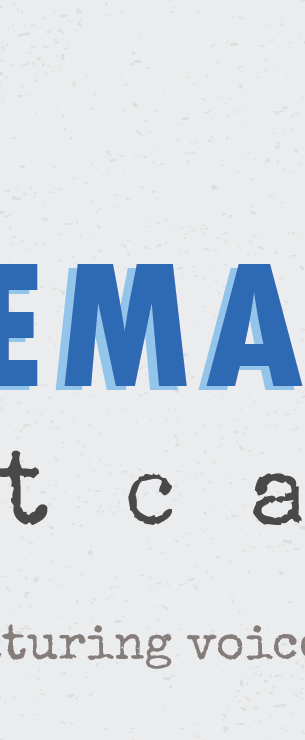 In Letcher County, Ky., where coal mines once boomed and talk about the “war on coal” is commonplace, environmentalism isn’t particularly popular. During my four years working and organizing here, I have heard plenty of skepticism about climate science.
In Letcher County, Ky., where coal mines once boomed and talk about the “war on coal” is commonplace, environmentalism isn’t particularly popular. During my four years working and organizing here, I have heard plenty of skepticism about climate science.
But last year, our county’s grassroots groups (organized into a collective network known as the Letcher County Culture Hub) completed the biggest nonindustrial alternative energy project in the history of the east Kentucky coalfields. After three years of organizing, the network successfully secured an investment of half a million dollars in four solar-powered community buildings.
In a place widely considered “Trump country,” this might seem surprising. But with an understanding of our local commitment to grassroots-led, culture-driven development work, you can see why it makes sense.
Changing the narrative
Letcher County is located in Kentucky’s fifth Congressional district, which has long lingered near the bottom of national rankings for health and wealth resulting from generations of exploitation of the region’s land and laborers. This private extraction by national and multinational businesses has been accompanied by a media narrative casting Appalachian residents as ignorant, backward, and hateful, or as helpless recipients of government aid.
Appalshop—the worker-run nonprofit that initiated the Letcher County Culture Hub—produces home-grown films, theater, music, radio, and other art that tells a different story. In sharp contrast to the poverty-based narratives that have long defined Appalachia, Appalshop tells stories of resourceful communities working through hardship to build a “cooperative commonwealth” where residents work together to fulfill their needs and wants, where everyone’s worth is affirmed, and where—as an inclusive community—we own what we make.
Our work goes beyond making media. We work alongside partners from the Deep South to the South Bronx to turn our approach to storytelling into a new method of community-based cultural work, organizing, and wealth creation—what we call Community Cultural and Economic Development (CCED). Unlike standard approaches to development, CCED starts not with a community’s problems, but with its common values, traditions, and desires.
The solar energy project was born from this approach, demonstrating how CCED can leverage communities’ cultural strengths to address common challenges and seize new opportunities.
Strengthening and connecting community centers of power
The Letcher County Culture Hub and its solar project were an early test of the CCED methodology. The Culture Hub has two connected aims: First, we create art that forges long-term, equitable partnerships between our county’s “community centers of power,” a term derived from civil rights leader Bayard Rustin referring to spaces where a community can gather in its full diversity and make things together. Second, we work through that art and those partnerships to create the conditions for communities to identify their latent assets and turn them into community wealth.
Results of this community wealth-building work have included expanding an award-winning farmers’ market into a community kitchen, reviving Kentucky’s oldest community square dance, and starting a brick oven bakery where neighbors recovering from addiction and incarceration could find work.
In a place long divided along political, religious, and cultural lines, these projects have brought residents together. As one community leader put it, “We had always fought our own battles, and none of us got together and tried to fight the whole war.”
Bringing solar to coal country
During the course of these ongoing collaborations, Culture Hub partners identified a common threat: rising utility costs. Kentucky’s regional energy monopoly was rapidly raising its rates, and many of the county’s cash-strapped community centers of power were on the brink of closing their doors.
Previously, we had felt powerless to take any proactive action. But now, united through the Culture Hub, we did some research and discovered a new possibility: solar energy. After several months of research and deliberation, four Culture Hub partners stepped up to convert their buildings to solar power: Hemphill Community Center, Kings Creek Volunteer Fire Department, Housing Oriented Ministries Established for Service (HOMES, Inc), and Appalshop.
Bringing solar to coal country was risky. Coal had been king for generations, and there was plenty of propaganda accusing solar supporters of siding with “elite, anti-coal activists.” It would have been easy to assume “the community” would oppose the project—except for the fact that the community was the one running it. One Culture Hub leader surveyed the coal miners in her neighborhood and reported, “Every one of them said something like—‘Honey, the train’s pulled out and it looks like this solar thing could benefit all of us.’”
Another barrier was money. Our regional community development financial institution (CDFI), the Mountain Association for Community Economic Development, supported the project, but hesitated to make a half-million-dollar investment in small, community-led organizations. Undeterred, the Culture Hub kept showing up, calling meetings and participating in other CDFI-sponsored programs and events. After more than a year of sustained engagement, they agreed to develop a new financial instrument that made the project possible.
Even with the financial support, not everything worked out as planned. The firehouse backed out of the project at the last minute, when the gas companies offered them free heating in perpetuity. But the relationships built through the CCED process remained strong; the fire chief, a former strip mine boss and lifelong right-winger, continued to champion the project.
This work is not about changing residents’ political views. It’s about neighbors coming together across differences to create a new story about the place we all live in and love. To some, it’s a story about saving the planet. To others, it’s about saving money or fighting an energy company. But to everyone, it’s about supporting our communities and the centers that keep them strong.
Our country’s ongoing divisions thrive on fears of losing one’s place: if they get jobs, we lose ours; if their lives matter more, our lives matter less; if we embrace solar, we abandon our coal-mining heritage. But after years of making things together and affirming the dignity and worth of everyone in the community, Culture Hub partners have come to see new ideas and new people not as threats but as opportunities. Instead of the old zero-sum game, Letcher County’s community centers of power are building a cooperative commonwealth.
This article is part of the Bass Center for Transformative Placemaking’s “Placemaking Postcards” blog series, which invites practitioners and placemakers to highlight promising placemaking practices across the U.S. and abroad, with a particular focus on practices that foster inclusive economic growth and development.
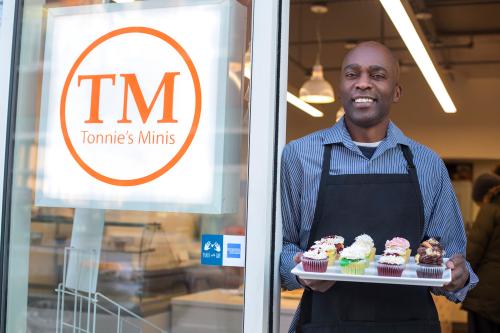

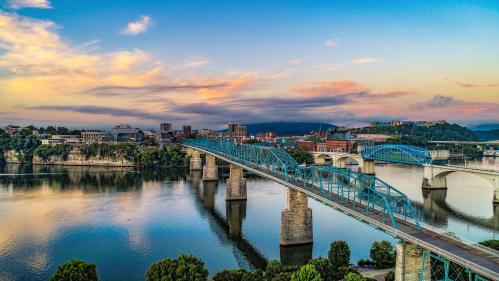
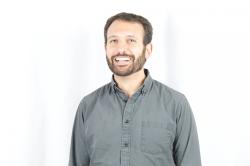
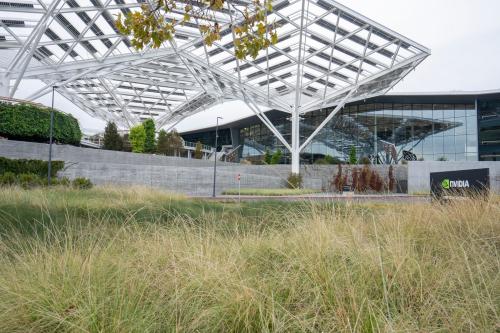
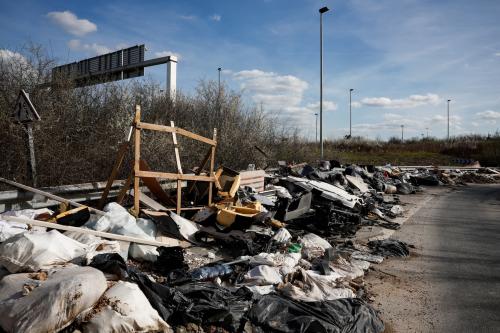

Commentary
How a conservative coal county built the biggest community solar energy project in East Kentucky
March 26, 2020